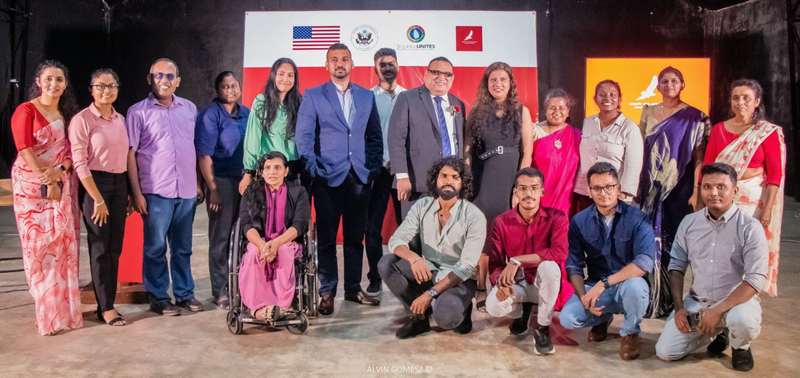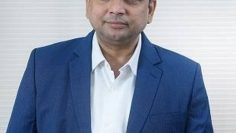
Beyond Boundaries: Disability-Inclusive Menstrual Health Initiatives by Ability for Action
In a groundbreaking move, an executive summary of the research findings of the Red For You project was launched on January 1, 2024, at IdeaHell. Spearheaded by Ishan Jalill, Founder and President of Ability for Action, the project is the first initiative in Sri Lanka that specifically addresses the menstrual health and hygiene challenges faced by women and girls with disabilities. The event was graced by the distinguished presence of Dr. Vinya Ariyaratne, Chairman of the Sarvodaya movement, who was the Chief Guest.
Ability for Action is a newly formed organization working to promote the rights of women and youth with disabilities. The Red For You project (which is the inaugural project for Ability for Action) is funded by the US Embassy in Sri Lanka via its Small and Mighty Grants program, which is administered by Sri Lanka Unites, a grassroots peacebuilding organization.
The executive summary report highlights the plight of marginalized groups, including women with disabilities in the estate sector. It also presents the gaps in existing menstrual health and hygiene initiatives in Sri Lanka and provides recommendations to make such initiatives more disability-inclusive.
The research was conducted with the active support of We for Rights and CAMID, which are well-established disability rights organizations at the grassroots level in Kandy and Galle respectively. Volunteers from the National Institute of Social Development (NISD) helped gather data in the Colombo district. This collective effort underscores the importance of a collaborative approach in addressing the menstrual health needs of women and girls with disabilities.

The unveiling of two short films (a cinematic video and an animated video) alongside the official launch of the ‘Ability for Action’ website (www.abilityforaction.org), added a unique flavor to the event. These initiatives aim to amplify awareness and understanding of menstrual health and hygiene issues faced by individuals with disabilities.
The event was attended by activists, representatives of several leading non-governmental organizations, and members of the public.





